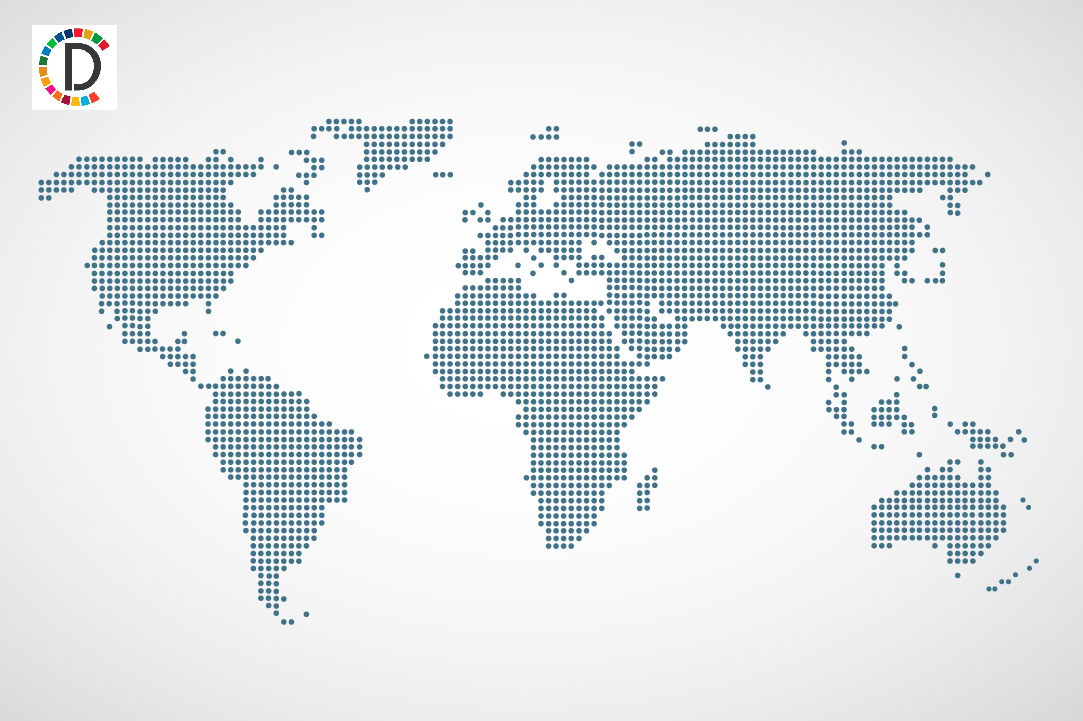Masoud Pezeshkian's Presidency: Hope and Caution
The election of Masoud Pezeshkian has stirred hope among Iranians for social freedoms and better Western relations. Yet, substantial policy changes are unlikely due to Iran's clerical-republican rule. While Pezeshkian aims to revive the economy and ease tensions with major powers, true authority remains with Supreme Leader Khamenei.

The election of Masoud Pezeshkian as Iran's president has sparked hope among Iranians yearning for greater social freedoms and improved relations with the West. However, significant policy shifts are not anticipated, given the limitations imposed by Iran's dual system of clerical and republican rule.
The political future of Iran's ruling clerics lies in addressing economic challenges. Analysts suggest Pezeshkian may have the leverage to revive the economy, but his ability to enact social changes will be limited. Supreme Leader Ayatollah Ali Khamenei ultimately controls critical state matters, including Iran's nuclear and foreign policy.
Despite this, the president can influence policy direction and will play a crucial role in selecting a successor to Khamenei. Entrenched hardliners, however, have historically blocked liberalization efforts and Western rapprochement. Khamenei has advised Pezeshkian to follow the policies of his hardline predecessor, Ebrahim Raisi.
(With inputs from agencies.)










